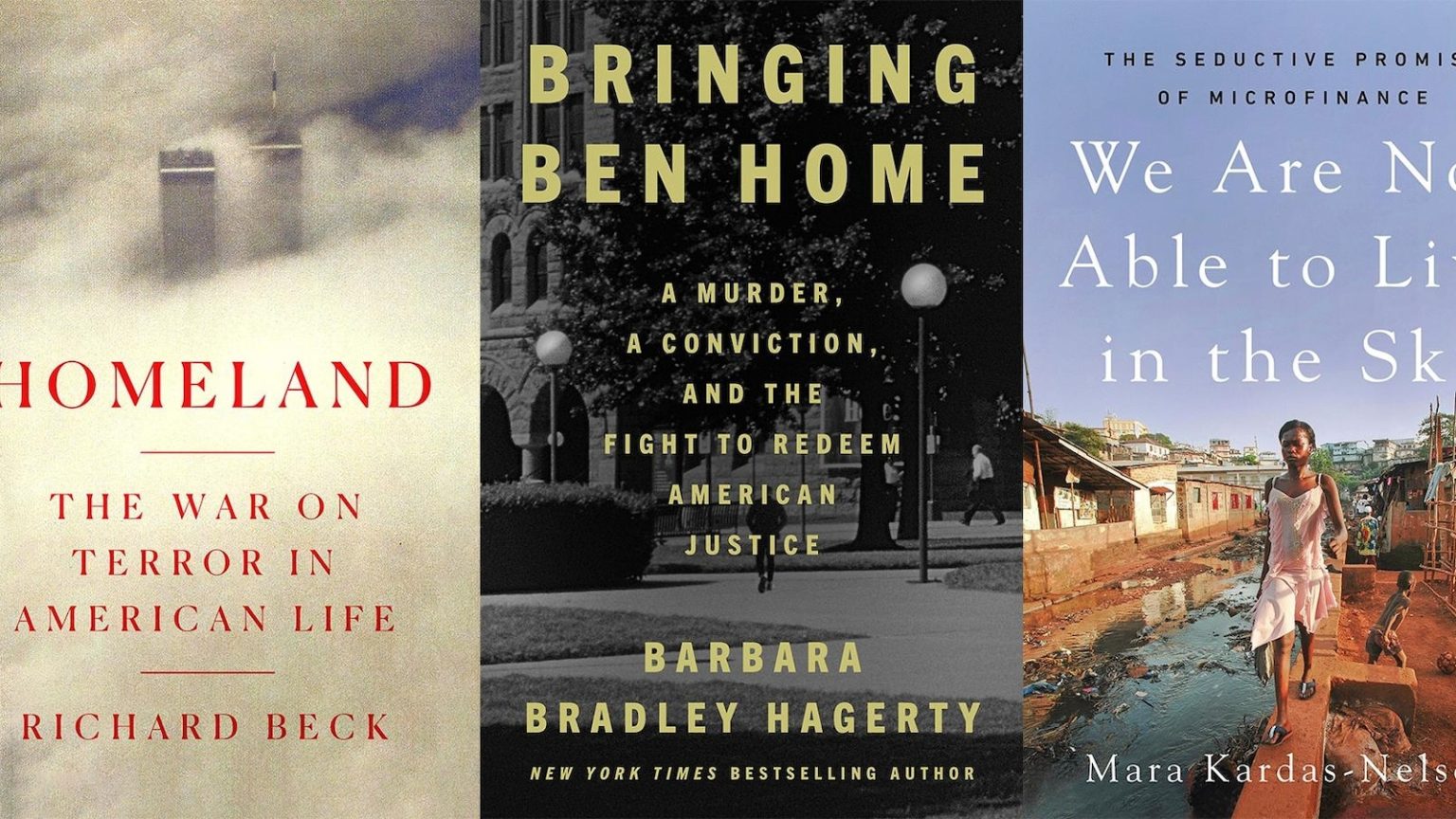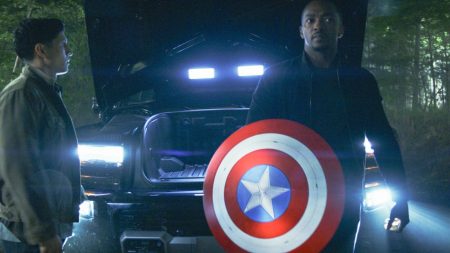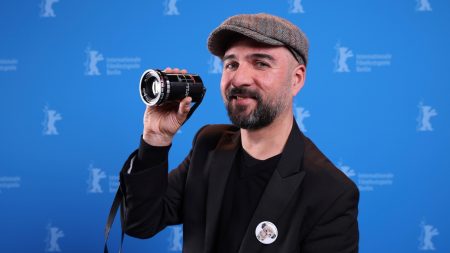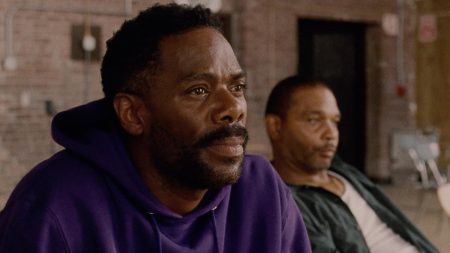J. Anthony Lukas Prizes: A Celebration of Excellence in Nonfiction
A Legacy of Excellence in Investigative Journalism
The J. Anthony Lukas Prizes, established in honor of the late investigative journalist J. Anthony Lukas, have long been a beacon for outstanding nonfiction writing. Presented jointly by the Columbia Journalism School and the Nieman Foundation for Journalism at Harvard University, these prizes recognize works that embody the same literary elegance, rigorous research, and deep social concern that defined Lukas’s career. A Pulitzer Prize winner himself, Lukas left an indelible mark on journalism, and these awards continue to uphold his legacy by honoring books that tackle pressing social and political issues with both intellectual depth and artistic flair.
This year’s finalists, announced on Wednesday, include a diverse range of works that reflect the complexity of contemporary America. Across three categories—the Lukas Book Prize, the Mark Lynton History Prize, and the J. Anthony Lukas Work-in-Progress Award—the nominees explore themes such as slavery, the justice system, poverty, gender identity, and the struggles of marginalized communities. These books not only shed light on the past but also offer critical insights into the present, reminding us of the enduring power of well-researched, thoughtfully crafted nonfiction.
The Lukas Book Prize, which carries a $10,000 award, is dedicated to narrative nonfiction that addresses topics of American political or social concern. This year’s finalists include Richard Beck’s Homeland: The War on Terror in American Life, which examines the lasting impact of the War on Terror on American society; Barbara Bradley Hagerty’s Bringing Ben Home: A Murder, a Conviction, and the Fight to Redeem American Justice, a gripping exploration of the criminal justice system; Mara Kardas-Nelson’s We Are Not Able to Live in the Sky: The Seductive Promise of Microfinance, which critiques the limitations of microfinance as a solution to global poverty; Rebecca Nagle’s By the Fire We Carry: The Generations-Long Fight for Justice on Native Land, a powerful account of Indigenous resistance and resilience; and Pamela J. Prickett’s and Stefan Timmermans’ The Unclaimed: Abandonment and Hope in the City of Angels, a poignant study of homelessness in Los Angeles.
Unearthing History: The Mark Lynton History Prize
The Mark Lynton History Prize, also worth $10,000, honors histories that combine meticulous research with compelling narrative. This year’s nominees underscore the importance of reexamining the past to better understand the present. Kathleen DuVal’s Native Nations: A Millennium in North America offers a sweeping history of Indigenous sovereignty and resilience across a thousand years. Justene Hill Edwards’ Savings and Trust: The Rise and Betrayal of the Freedman’s Bank delves into the tragic story of the Freedman’s Bank, established to serve newly freed enslaved people after the Civil War. Edda L. Fields-Black’s COMBEE: Harriet Tubman, the Combahee River Raid, and Black Freedom During the Civil War provides a fresh perspective on Tubman’s role in the Combahee River Raid, a pivotal moment in the fight for Black freedom. Seth Rockman’s Plantation Goods: A Material History of American Slavery examines the economic and moral implications of slavery through the lens of material culture, while Michael Waters’ The Other Olympians: Fascism, Queerness, and the Making of Modern Sports explores the intersection of sports, politics, and identity in the early 20th century.
Supporting Emerging Voices: The Work-in-Progress Award
The J. Anthony Lukas Work-in-Progress Award, which provides $25,000 to two recipients, recognizes writers who are in the process of completing ambitious nonfiction projects. This year’s finalists include Susie Cagle’s The End of the West, which explores the decline of small towns in the American West; Dan Xin Huang’s Rutter: The Story of an American Underclass, a deeply personal exploration of poverty and identity; Akemi Johnson’s Better Americans: In Search of My Family’s Past in America’s Concentration Camps, which delves into the author’s family history within the context of Japanese American internment during World War II; J. Weston Phippen’s We Want Them Alive: The True Story of a Massacre on the Border, and the Mothers Who Exposed a U.S. Deal that Trained the Killers, a searing indictment of U.S. foreign policy and its consequences; and Joe Sexton’s Life or Death: Justice and Mercy in the Age of the School Shooter, which grapples with the moral complexities of criminal justice in the context of mass violence.
The Power of Storytelling in Turbulent Times
In a climate dominated by polarization and misinformation, the J. Anthony Lukas Prizes remind us of the enduring value of rigorous research, literary grace, and social concern. As Suzy Hansen, chair of the Lukas Book Prize judging panel, noted, “In this climate, we are thrilled to recognize books that remind us of our current social realities and the importance of rigorous research, the accumulation of facts, and the ambition to create something of artistic value, i.e., things that last.” These books are not only timely but also timeless, offering insights that will resonate long after the headlines fade.
By honoring these works, the Lukas Prizes reaffirm the critical role that nonfiction plays in illuminating the complexities of human experience. Whether they are exploring the legacies of slavery, the failures of the justice system, or the resilience of marginalized communities, these books challenge readers to think deeply about the world we live in and the ways we can work toward a more just and equitable future. The J. Anthony Lukas Prizes are more than just an recognition of literary excellence—they are a testament to the power of storytelling to inspire, educate, and transform.















